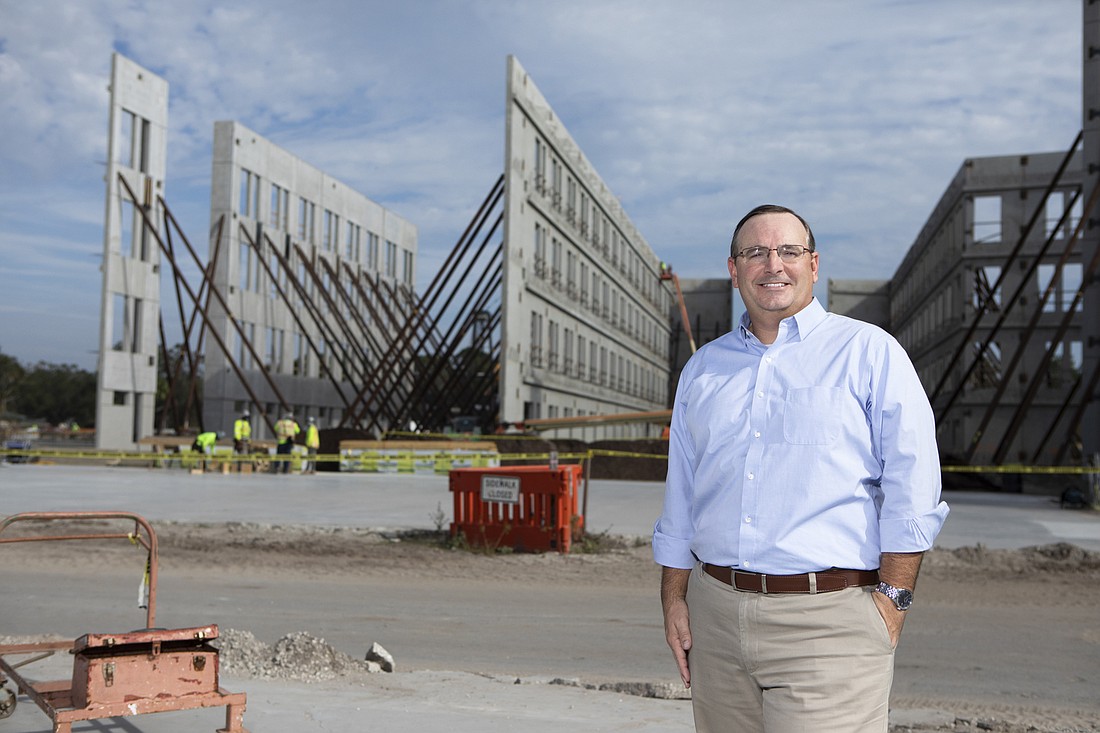- December 13, 2025
-
-
Loading

Loading

1. Construction, because of the long-term nature of much of its work, is an industry whose economic outlook can be difficult to project.
“We’ve got big jobs that span 24-36 months, and then we have others, call them six- to 12-month jobs, and revenues are majorly impacted based on when those start and finish,” says Todd Watson, Robins & Morton’s Tampa operations manager. “But we do a lot of work in health care, and that’s a good market to be in here in the Tampa Bay area.”